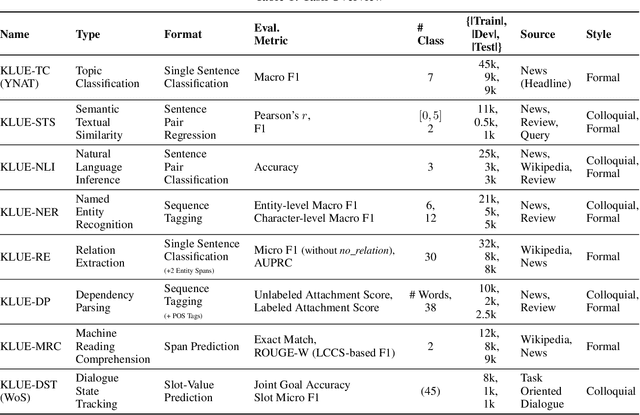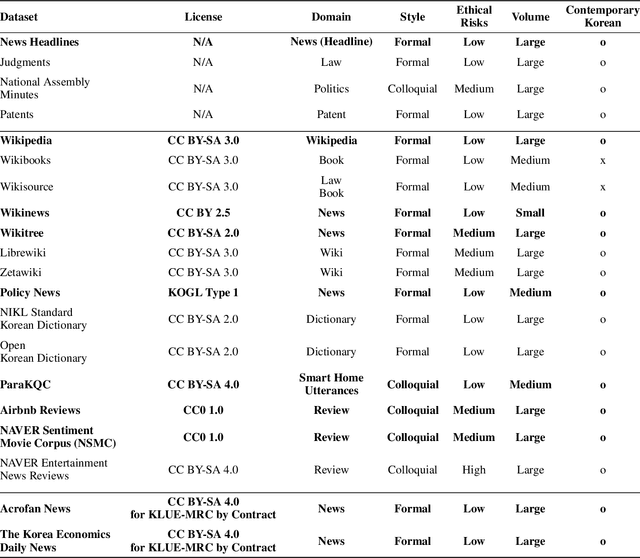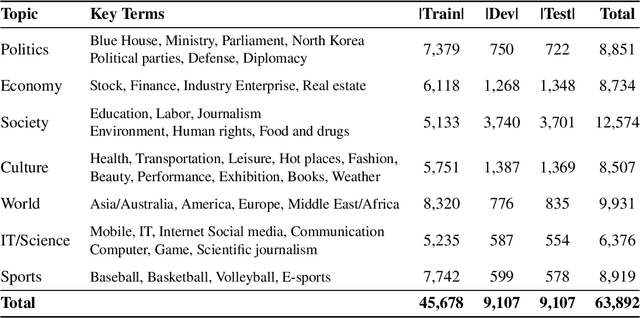Myeonghwa Lee
PlanRAG: A Plan-then-Retrieval Augmented Generation for Generative Large Language Models as Decision Makers
Jun 18, 2024Abstract:In this paper, we conduct a study to utilize LLMs as a solution for decision making that requires complex data analysis. We define Decision QA as the task of answering the best decision, $d_{best}$, for a decision-making question $Q$, business rules $R$ and a database $D$. Since there is no benchmark that can examine Decision QA, we propose Decision QA benchmark, DQA. It has two scenarios, Locating and Building, constructed from two video games (Europa Universalis IV and Victoria 3) that have almost the same goal as Decision QA. To address Decision QA effectively, we also propose a new RAG technique called the iterative plan-then-retrieval augmented generation (PlanRAG). Our PlanRAG-based LM generates the plan for decision making as the first step, and the retriever generates the queries for data analysis as the second step. The proposed method outperforms the state-of-the-art iterative RAG method by 15.8% in the Locating scenario and by 7.4% in the Building scenario, respectively. We release our code and benchmark at https://github.com/myeon9h/PlanRAG.
KLUE: Korean Language Understanding Evaluation
Jun 11, 2021



Abstract:We introduce Korean Language Understanding Evaluation (KLUE) benchmark. KLUE is a collection of 8 Korean natural language understanding (NLU) tasks, including Topic Classification, SemanticTextual Similarity, Natural Language Inference, Named Entity Recognition, Relation Extraction, Dependency Parsing, Machine Reading Comprehension, and Dialogue State Tracking. We build all of the tasks from scratch from diverse source corpora while respecting copyrights, to ensure accessibility for anyone without any restrictions. With ethical considerations in mind, we carefully design annotation protocols. Along with the benchmark tasks and data, we provide suitable evaluation metrics and fine-tuning recipes for pretrained language models for each task. We furthermore release the pretrained language models (PLM), KLUE-BERT and KLUE-RoBERTa, to help reproducing baseline models on KLUE and thereby facilitate future research. We make a few interesting observations from the preliminary experiments using the proposed KLUE benchmark suite, already demonstrating the usefulness of this new benchmark suite. First, we find KLUE-RoBERTa-large outperforms other baselines, including multilingual PLMs and existing open-source Korean PLMs. Second, we see minimal degradation in performance even when we replace personally identifiable information from the pretraining corpus, suggesting that privacy and NLU capability are not at odds with each other. Lastly, we find that using BPE tokenization in combination with morpheme-level pre-tokenization is effective in tasks involving morpheme-level tagging, detection and generation. In addition to accelerating Korean NLP research, our comprehensive documentation on creating KLUE will facilitate creating similar resources for other languages in the future. KLUE is available at https://klue-benchmark.com.
 Add to Chrome
Add to Chrome Add to Firefox
Add to Firefox Add to Edge
Add to Edge